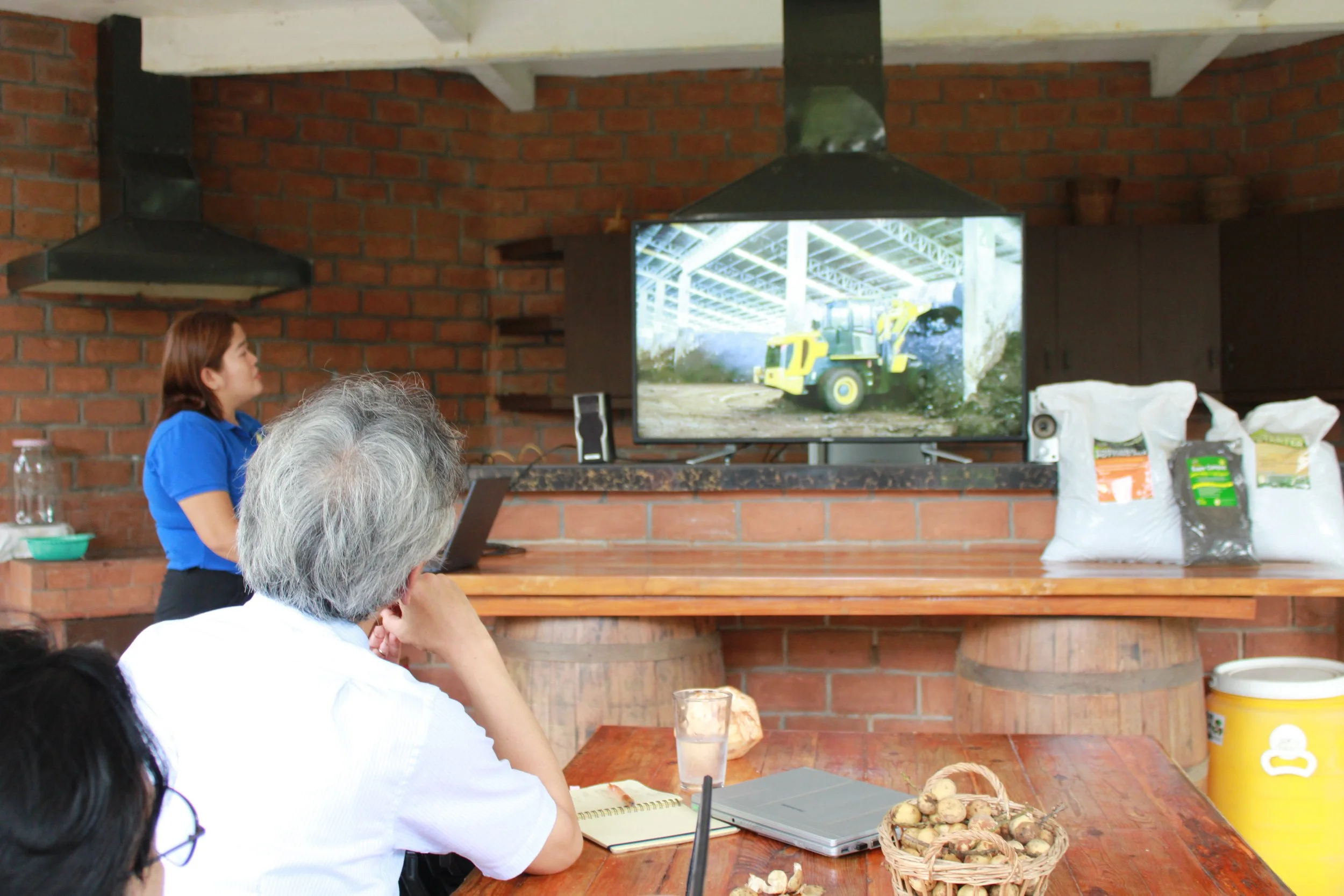How Sustainable Waste Management Works For You
Thinking about how you can maximize the benefits of this mandatory compliance?
“You cannot manage what you do not see.”
Contrary to the common mindset, waste management is actually a strategy and not an expense, especially when it’s done properly. For many businesses, proper waste management is a system that they gradually adopt and update in response to the mandatory compliance needed by their growing business. When this is the case, the usual consequence is that it is often not included in the cost of products and services, but rather, it sits as an added expense until such time that the costing is rectified.
What are the benefits when waste management is treated as a strategy?
When waste management is treated as a strategy, it provides valuable insights for the business, such as:
How much risk the business is exposed to on non-compliance
How efficient is the use of resources, or how much productivity is lost to waste
How much do operations adhere to quality
How does the business align with the market demand for sustainability
Risk for non-compliance
Exposure to non-compliance can be avoided through proper planning and systems. It starts with the right awareness of relevant laws such as the Ecological Solid Waste Management Act of 2000 (Republic Act 9003), which mandates systematic waste reduction, segregation, recycling, and environmentally sound treatment and disposal of waste. These compliances must be part of the business planning from the start and are something that cannot be avoided.
Efficiency and Productivity
An efficient system accounts for everything, including waste. In the case of food businesses, for example, the waste bin is a reflection of underutilized raw materials and errors during the food preparation process. Not following protocols like proper storage based on shelf-life, proper handling to avoid contamination, or standard procedures and recipes has a direct impact on the amount of waste generated. These wastes are losses, which could have been savings or even gains for the bottom line. Volume and kinds of waste generated can be a good inclusion in the data and indicators used for production and operations management.
Market Demand for Sustainability
Customers and consumers are now more aware of sustainability, and this consciousness is reflected in their preferences and buying behavior. A recent survey showed that 83 percent of Filipino consumers prefer to purchase eco-friendly brands. Elevating waste management into something that is both sustainable and circular will definitely have a good impact on reputation. The business can also follow this direction through the repurposing of waste into more value-added products, or back as raw material in the supply chain, as in the case of compost fertilizers.
So, how can businesses transition to sustainable waste management?
Transitioning to sustainable waste management may be as simple as engaging with a certified provider. Further education and planning may also be needed, especially if the business has a wide scope or complex system.
The following can happen as the business adopts a suitable waste management program:
Advocacy and learning session for key members of the organization
Managers and key implementers need to have a good foundation of understanding of waste and sustainability so that they can dutifully execute waste management. When the impact of waste management is properly understood and appreciated, it will be less challenging to require members of the organization to execute key protocols such as waste segregation.
Review of existing processes and policies
There may be no existing procedures or policies in place to support proper waste management. A review can be initiated to assess the readiness of the organization to adopt the change.
Measurement and characterization of waste generated
The volume, frequency, and kind of waste directly affect the cost of service. Waste reduction is an ideal measure for productivity. As the saying goes, you cannot manage what you do not see, and so putting in measures to gather data from the waste generated can be very useful for the business. It is up to the business how meticulous the data gathering will be, but for waste management service providers, the volume and type of waste (such as food waste or hazardous waste) can be enough or a good start.
Establishment of new rules or protocols within the organization
Managers must ensure that guidelines and policies are clear and that everyone is capable of following them. These new rules and guidelines must be communicated to the organization, which includes third-party guidelines, especially when a waste management service provider will be engaged.
Monitoring and evaluation
Lastly, monitoring is done both by the business and the waste management service provider. This is to ensure smooth and uninterrupted service. For the compliance part, the issuance of a Certificate of Waste Treatment or similar documents is required. It is highly advisable for businesses to include waste management in their regular evaluation so that any gaps can be addressed and benefits can be fully leveraged.
Given all of this, it thus makes a lot of sense for businesses and organizations to take waste management seriously. They can opt to do all of the waste management in-house, but the hauling, transporting, disposal, and treatment of waste must be done only by certified service providers. This is to ensure the least impact on the environment, which, if not taken seriously, could result to a more catastrophic cost.
If you are ready to move towards change, DTBC can do all of these for you, and more. If your business is in the Philippines, simply visit this link to get started. You may also reach out to us through our contact page.
Together, let’s advocate towards a waste-free, bio-circular, and sustainable Philippines!

